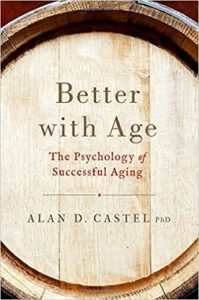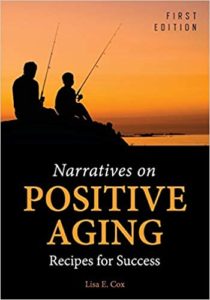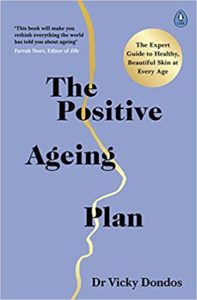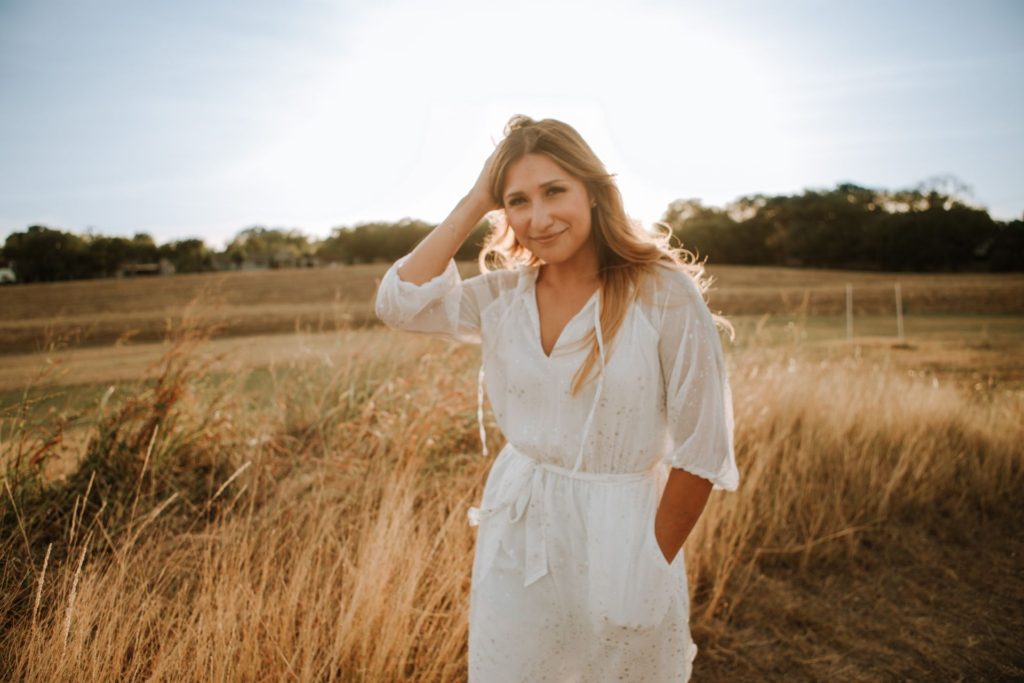Age positively, live better: reverting the process of aging.
Before I start writing my blog posts, I do extensive research to become informed and knowledgeable about my blog’s relevant topics. I am very intrigued by the concept of positive aging, what it means, how it can be done, and the results of this practice. Hence, my decision to write about it and inform my readers. We are living longer; how are you going to prepare for the upcoming decades of your life?
For self-care tools click here
So, what does aging positively precisely mean? Well? It depends. According to an article posted on PositivePsychology.com, the definition of Positive Aging varies depending on the perspective different cultures have on the concept. For example, in the UK would be defined as “a way of living rather than a state of being” -http://positiveageing.org.uk-.
For Australians (I particularly like this definition), “is the process of maintaining a positive attitude, feeling good about yourself, keeping fit and healthy, and engaging fully in life as you age.” Positive Psychology Institute.
Here in the US, “Successful aging is multidimensional, encompassing the avoidance of disease and disability, the maintenance of high physical and cognitive function, and
sustained engagement in social and productive activities”- Rowe & Kahn, 1997.
According to the World Health Organization (WHO), “the process of developing and maintaining the functional ability that enables well-being in older age.” This definition is the most direct and straightforward.
Particularly interesting is how Japanese culture approaches the process of aging, which is very different from how western cultures perceive the “older” population: “Japanese concepts of aging are rooted in Buddhist, Confucian, and Taoist philosophical traditions that characterize aging as maturity. Old age is thus understood as a socially valuable part of life, even a time of “spring” or “rebirth” after a busy period of working and raising children.” -Karasawa, Curhan, Markus, Kitayama, Love, Radler, & Ryff (2011).
If you start studying Buddhism, you learn about staying in the present moment; it is the “power of now.”
In reference to the Chinese health criteria for the elderly: “The criteria are sufficiently inclusive, encompassing physical health, mental health, social engagement, and nutritional status, which in principle are in conformity with both the WHO definition and the Rowe and Kahn model.”-Zhou, Liu, & Yu (2018)
Finally, it’s worth noting, as an example of slight contrast, the Eastern Europe’s approach to aging positively: “Active aging is concerned with facilitating the rights of older people to remain healthy (reducing the costs of health and social care), remain in employment longer (reducing pension costs), while also participating in community and political life.”-Foster & Walker (2015).
All the previous definitions of aging successfully contain common ground. Regardless of the difference within these multiple cultures, it all boils down, in my opinion, to these three things:
- Celebrate your age.
- Defy expectations.
- Grow, cultivate, and maintain friendships.
To age gracefully is not for a few “lucky ones.” It’s a conscious decision; it’s a mindset, it takes effort and commitment. Once you make the proper changes and adjustments to your life, it will come easy to maintain the right habits. Believe me, and it’s for a good cause. The rewards greatly outweigh the initial effort.
Disclosure: Please note that some of the links below are affiliate links and at no additional cost to you, I may earn a small commission. Know that I only recommend books that I have reviewed personally, and stand behind.
Click for Successful Aging Advice

I think that if you take the proper course of action, you will succeed, along with a healthy diet, exercise, quality sleep, and stress management. I cannot emphasize these four habits enough times. If we think about it, the ’50s is a crucial decade in the process of aging, as we are approaching -as Jane Fonda puts it- “The Third Act” (the last three decades of one’s life).
It’s interesting author David Lereah’s perspective on the matter in his book The Power of Positive Aging. In the book, Lereah breaks down aging into Three Aging Rooms: The Positive Aging Room (you become more spiritual), the Practical Aging room (you try to age gracefully, and that is most of us), and God’s Waiting Room (that’s right, you are passively waiting to die).
According to this author, positive thinking can result in an 11% to 15% longer lifespan. If you ask me, that is a whole lot. David Lereah establishes six building blocks for positive aging: mindfulness, positivity, the four A’s (acceptance, adaptation, appreciation, and attitude), social support, and balance.
We need to “reevaluate” what “being old” means. We live in a forever-young society that makes us believe that we are swimming upstream against the current as we age. Young people are considered healthy, and older people are looked at as stale and useless. That is not OK.
Let me give you an example of positive aging. Chilean author Isabel Allende (one of my favorite novelists-she is a magnificent storyteller-) shares her perspective on aging gracefully through her passion and lust for life, no matter your age. I could not agree more, and in my opinion, her message is timeless.
Jane Fonda, a wonderful actress, exemplary feminist, and tireless activist, defines aging through a staircase metaphor, where the human spirit does not decline. As we age, we gain freedom, lightness; it’s the power of shamelessness, and what can I say? I love it! It’s about wisdom, authenticity, wholeness. It’s time to celebrate and to be merry. After all, retirement (for the already retired) in Spanish is jubilación, that is, jubilation, a very positive, well-sounding word. We should embrace this decade of midlife with optimism and joy.
For more successful aging tools click here
To conclude, I believe that all this data and research on positive, active, successful aging is directly linked to self-care, which is the more significant part of my blog’s goal. ” When you have a positive mindset, you relieve a lot of stress from your life, so now you have the emotional strength to use in whichever endeavors you may take on; the possibilities are endless. Aging positively may be good not only for your health but may also be useful for your wealth. There could be a connection because all that extra energy from positivity can be used to take on what’s out there in the business world or start smart investing.
In future posts, I will keep elaborating on the concept of aging positively, applying advice and tips to our everyday lives. Let’s keep thinking positively!
Disclosure: the books featured in this post have been carefully reviewed by me. If you make a purchase through the links, I may earn a small commission.
The following book suggestions will help you to explore further the concept discussed in the present post.
Narratives on Positive Aging

The Positive Ageing Plan



